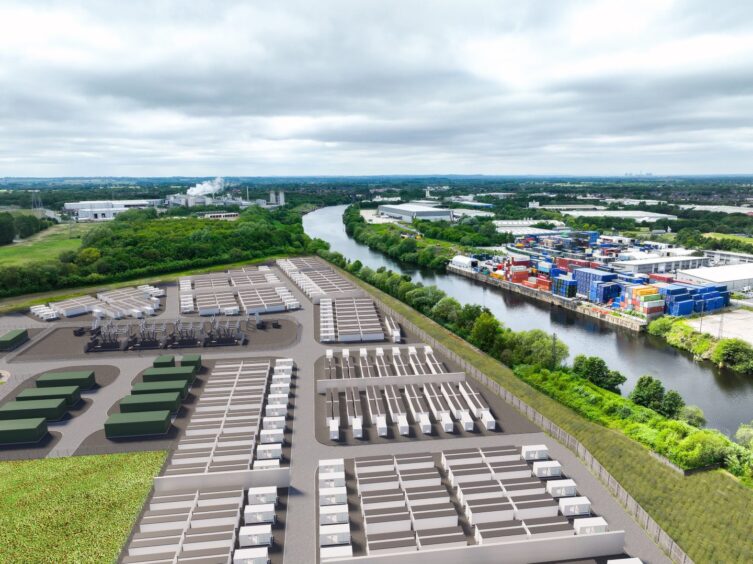
Long-duration energy storage could save the UK power system billions of pounds as the country seeks reliable backup supply amid a push to expand offshore wind, according to consultants LCP Delta.
The British government is promoting big batteries as a means to store cheap renewable electricity at times when the grid is oversupplied, while unleashing it when demand and prices are higher. To plug any shortfalls, the system needs energy storage that far outstrips current battery capability.
“The GB power system will need technologies that are able to flex their demand and supply over extended periods, often in excess of 12 hours,” LCP Delta said in a statement after the government opened a consultation on the sector.
“Analysis shows that 20 gigawatts of deployed long-duration energy storage could save up to £24 billion ($31 billion) from 2030 to 2050.”
The UK, like many countries in Europe, has ambitious plans to boost renewables in a bid to cut emissions and reduce reliance on imported fuels. The government wants to triple offshore wind capacity by the end of the decade, but must tap storage when the wind doesn’t blow to avoid drafting in gas-fired plants. Most batteries currently only hold the equivalent of about two hours of power.
Compounding the urgency is a gradual reduction in Britain’s nuclear generation, with the country’s current fleet of five atomic plants scheduled to shrink to just three by the end of 2026. The UK wants to build new reactors, but construction takes many years and is often beset by cost overruns and delays.
Long-duration energy storage will “support the overall ambition to decarbonize the power network, with 12 gigawatts of deployed LDES reducing carbon emissions by 10%-28%, depending on their level of use,” LCP Delta said.
Its analysis is published in Tuesday’s government consultation document.
The administration plans a “cap and floor” mechanism to facilitate investment in the technology, an approach that “can provide revenue certainty,” LCP Delta said.
